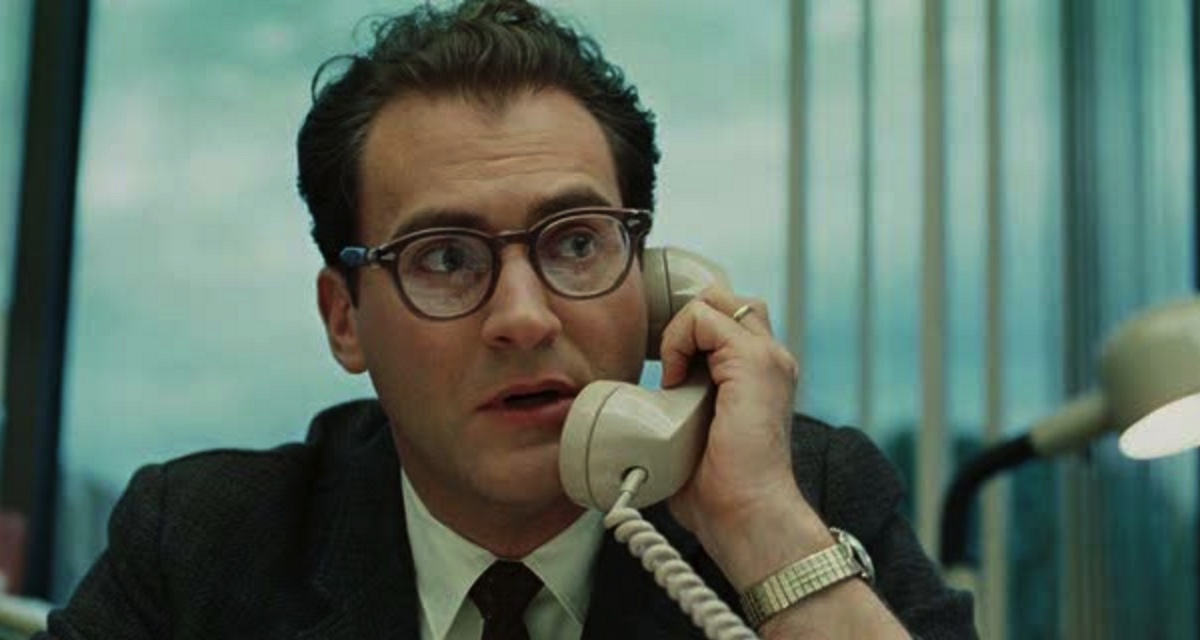
Basic Hollywood films tend to not leave anything left to chance. Settling scores and tying up any loose ends to not leave anyone confused or alienated. In the 2007 film “I am Legend” the studio, following audience test feedback, felt the ending was too challenging and made the team change it to the “heroic sacrifice” cliche.
The original/alternate ending to “I am Legend” raised interesting questions through its message: “Was Neville the monster the whole time?” “Will the monsters become a new species of humans?” and so on. These kinds of quandaries can make a film leave a strong impact on the viewer, which in turn makes for an overall better experience.
Not all films that ask questions need to have a philosophical or twist-like conclusion. Sometimes an entire film is asking a question from the beginning. Or in some cases a movie may be literally asking a question by leaving a vague, open-ended conclusion for the audience to figure out; one of the most famous being “Inception’s” ending when Cobb leaves his totem spinning (note: that the totem spin is a red herring as what really matters is Cobb seeing his children again, regardless if it is still a dream or reality).
The 21st century is filled with movies raising questions, so here are 10 great films from this century that ask questions. Article contains spoilers.
1. Birth (dir. Jonathan Glazer)
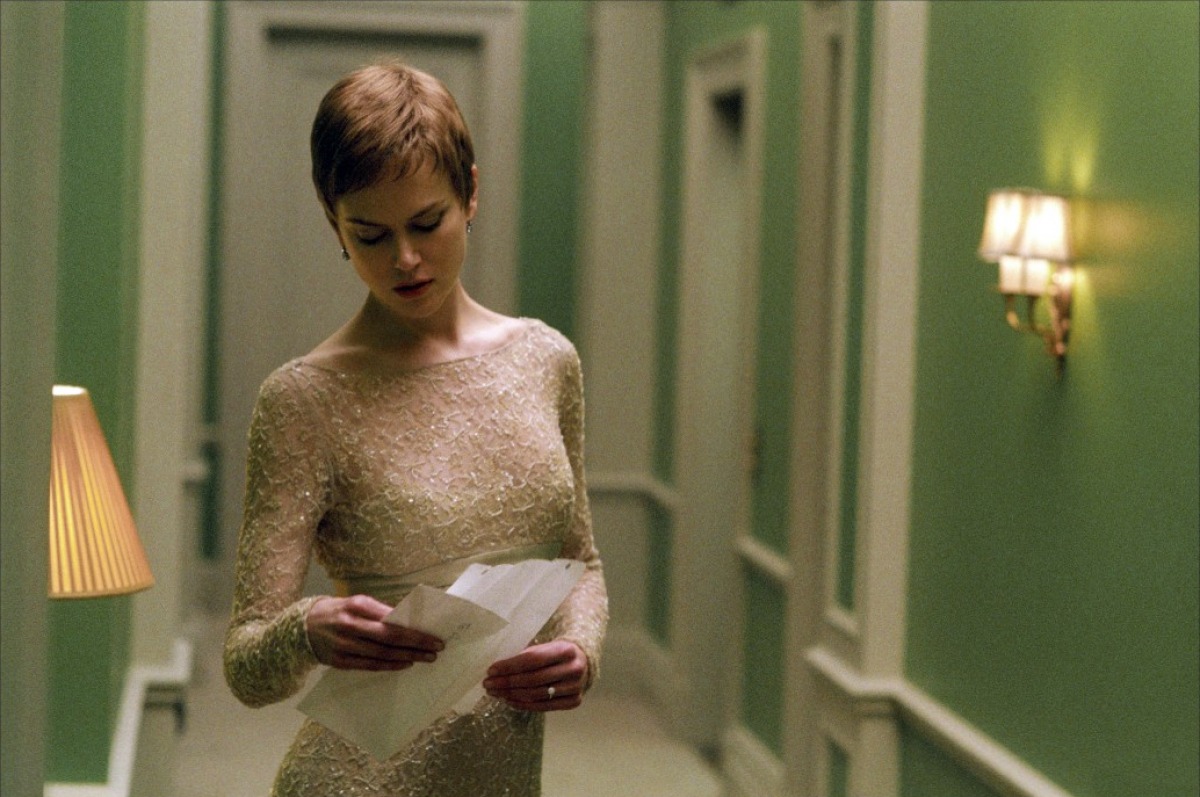
A woman named Anna (Nicole Kidman) loses her husband to an unspecified illness. Ten years later when she is engaged to her boyfriend a strange, surreptitious ten year old boy, thinking/claiming to be the reincarnation of her dead husband, appears. His assertions of being Sean (Anna’s dead husband) upsets her at first, but the boy begins giving intimate and detailed answers only she and her husband could have known, such as about their sex life. As a result, Anna begins to believe the boy’s stories and this relationship begins to create complications with her family and circle of friends.
However, there was one thing the boy did not consider, and that is Sean kept a secret from Anna: an affair with a family friend. This friend confronts the boy and this moment forces the kid to come to terms that he really is not the reincarnated husband of Anna by saying the real Sean would have come to her first, as the real Sean was cheating on Anna. How the boy knew so much about Anna & Sean were because of unopened love letters he found in a local park. Thus leaving Anna to marry her boyfriend and the boy to apologize over his behavior.
The somewhat dry and flat ending does not provide any spiritual possibilities or assume that any divine forces influenced the boy. “Birth’s” question is not about the plausibility of reincarnation itself, but what kind of effects could such a possibility have if it existed or if we were aware of it? Some people who have lost a loved one tend to believe that the spirit or ghost of that deceased person is haunting them, this is usually a subconscious coping mechanism. Here, Anna’s willingness to accept the boy’s story shows how much she was emotionally scarred by the loss of Sean. In essence, “Birth” is about grief, not reincarnation.
2. Caché (dir. Michael Haneke)
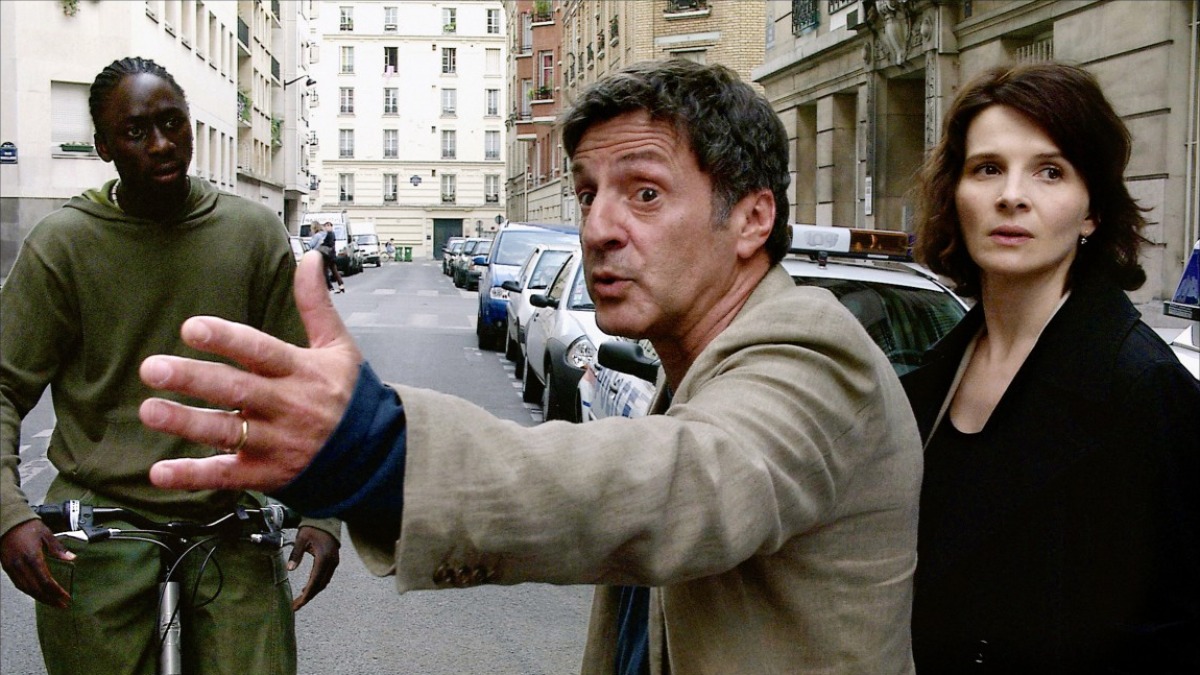
This slow burning thriller does not give easy answers, and the questions the film raises are not easy to answer on a first viewing. “Caché” follows a bourgeoisie, suburban family being harassed by a man from Georges’ past: he is sending uncut recordings of their home for reasons unknown. Eventually the harasser’s postage begin to feature small allusions to whom the culprit may be, and Georges suspects that an Algerian refugee from the Paris massacre of 1961 is responsible.
So, following a clue left by one of the tapes, Georges confronts the man known as Majid, but he denies any responsibility. However, when Georges thinks that Majid kidnapped his son, he gets the police to arrest him. The police release Majid because their son Pierrot comes home after admitting he spent the night at a friend’s house without permission. After this incident, Majid invites Georges back to his apartment where Majid kills himself in front of him as if he had been waiting to do so for years.
Georges, feeling guilty, tells his wife that when he was a boy Majid was a servant for the family, and one day Georges tricked Majid into cutting off the head of the family’s rooster. Georges snitches on the Algerian servant to his parents and he is sent away to an orphanage. Clearly this moment had unintended consequences, and the fact that we see the dramatic difference in the quality of living that Georges has in contrast to what Majid has, Majid’s actions could be retribution for making him stay impoverished because by going to the orphanage Majid lost any possibility in being high class.
The questions this film raises are more of why than who. What was the motivation for Georges’ actions as a child? Georges’ parents blindly believed their son, even though Majid most likely tried defending himself, so does this imply that Georges’ parents were prejudice? Is Majid’s servantile relationship to Georges’ family a form of new colonialism? “Caché” is a dense film that needs multiple viewings to get a hold of, this passage does not even mention Majid’s son who may very likely be the man behind the tapes and letters.
3. Certified Copy (dir. Abbas Kiarostami)
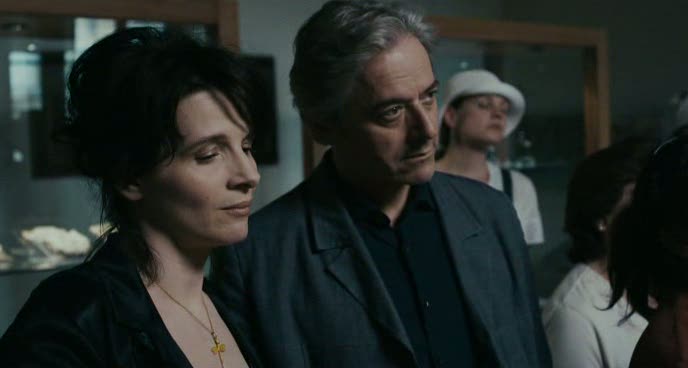
This movie is a study in transparency, originality and communication. At first it is seemingly dry and philosophical, Miller, an English writer, claims that art reproductions themselves are just as original as the art it is reproducing. Even the original copy is just an imitation of another form. A nameless woman played by Juliette Binoche is interested in the writer’s work and leaves her number with Miller’s translator so she can get his signature.
They meetup later and through the dialogue certain subtle changes occur between the two. Eventually they begin to argue and bicker as if they were a married couple. These moments blur the line between reality and fiction, whether these are delusions from Binoche’s character or Miller. The fact that she is nameless could mean she exists within Miller’s mind? Seems like a stretch, but the film resembles Rossellini’s “Voyage in Italy” to an extent.
Since the film’s primary question is so on the nose, that means it is up to the audience to apply its meaning throughout the context of “Certified Copy.”
4. A Serious Man (dir. Joel & Ethan Coen)
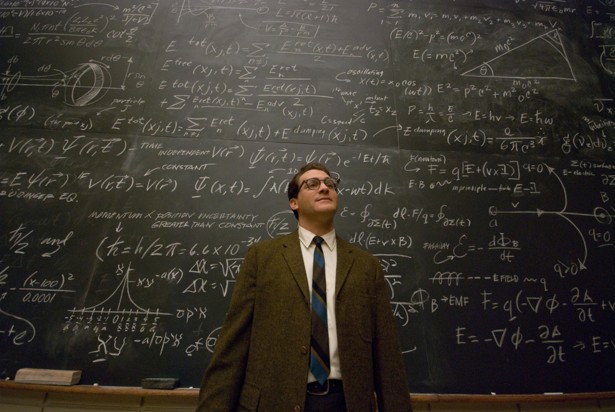
Quite possibly the Coen Brother’s most cryptic and surreal film to date. The strange, Yiddish folktale prologue may parallel what happens to Larry Gopnik in the present. Gopnik is a physics professor awaiting to receive his tenure to insure his job security, but everything seems to thwart Larry’s chances at achieving his goals.
Larry’s primary character traits and personality are submissive and passive. He is atypical of what a provider is supposed to be and this hardly changes as the film progresses. The Coen’s seem to have a fascination with society’s ideals for the man of the house. With the worst possible luck, Larry represents all innocent who have been pushed around, he is probably what would be considered the ultimate “beta-male” by online trolls. He embodies the question if it is possible to be complacent and successful?
Another question is whether or not it is worth to remain faithful even though one is facing the greatest hurdles in his or her life, but if that person powers through their struggle then good may come. Just like with Larry when he is finally awarded tenure and lets a failing student pass.
5. Li’l Quinquin (dir. Bruno Dumont)

This epic police procedural is rather tame in terms of violence and sexual aggression for a Dumont feature. Though this works in the film’s favor as to not overshadow the film’s comedic elements that are full of deadpan and surreal occurrences.
In a small, French coastal town there has been a series of dead bodies being discovered inside of deceased cows. The police infer that these corpses were stuffed backwards into the cows’ rectums, however further investigation leads to the possibility the cows were suffering from mad cow disease and ate parts of murdered people. Throughout the investigation, the film’s title character is seen interacting with the detective and other inhabitants.
Without losing his ability to peer into the human condition, even when facing a comedy, Dumont wants us to question the validity of the police and why such a simple case could be turned into a logistical nightmare.